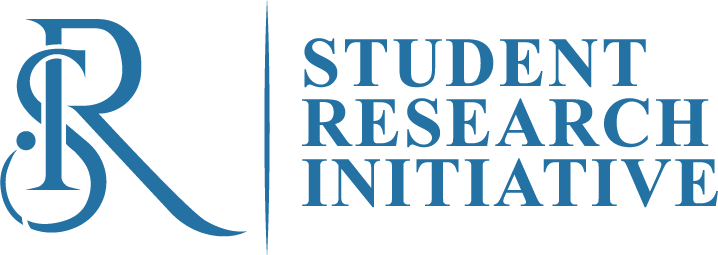Academic and Career Development
Navigating Academic and Career Development
Academic and career development are critical components of personal and professional growth. Preparing for academic success and future career opportunities requires a strategic approach, encompassing essential skills and effective strategies. This article delves into the importance of academic and career development, offering insights and resources to help you excel in your studies and advance your professional goals.
The Importance of Academic Development
Academic development lays the foundation for future success. It involves acquiring knowledge, developing critical thinking skills, and cultivating effective study habits that contribute to academic excellence.
Effective Study Strategies
Implementing effective study strategies is key to academic success. Techniques such as active learning, time management, and setting specific, measurable goals can enhance your understanding and retention of material. Creating a structured study schedule and minimizing distractions can further improve your productivity.
Critical Thinking and Problem-Solving
Developing critical thinking and problem-solving skills is essential for academic achievement. Engaging in activities that challenge your reasoning and analytical abilities, such as debates, research projects, and problem-based learning, can sharpen these skills and prepare you for complex academic tasks.
Resource Utilization
Utilizing available resources, such as libraries, online databases, and academic support services, can significantly enhance your learning experience. Seeking help from teachers, tutors, and peers when needed ensures that you fully grasp challenging concepts and stay on track with your studies.
Career Development and Its Role in Success
Career development is the process of exploring, planning, and achieving your professional goals. It involves understanding your strengths and interests, gaining relevant experience, and continuously improving your skills to stay competitive in the job market.
Self-Assessment and Goal Setting
Self-assessment is the first step in career development. Identifying your skills, interests, and values helps you set realistic career goals and create a clear plan to achieve them. Regularly reviewing and adjusting your goals ensures that you remain aligned with your evolving aspirations.
Networking and Professional Relationships
Building a strong professional network is crucial for career advancement. Networking involves connecting with professionals in your field, attending industry events, and engaging in online communities. These connections can provide valuable insights, mentorship, and job opportunities.
Skill Development and Lifelong Learning
Continuous skill development is vital for career growth. This includes acquiring new competencies, staying updated with industry trends, and pursuing further education or certifications. Lifelong learning ensures that you remain adaptable and capable of meeting the demands of a dynamic job market.
Strategies for Balancing Academic and Career Development
Balancing academic and career development requires effective time management, prioritization, and a proactive approach. Here are some strategies to help you achieve this balance.
Time Management
Effective time management is essential for balancing academic and career development. Creating a detailed schedule that allocates time for studying, attending classes, gaining work experience, and personal activities can help you stay organized and reduce stress.
Prioritization
Prioritizing tasks based on their importance and deadlines is crucial for managing your responsibilities. This involves setting clear objectives, breaking tasks into manageable steps, and focusing on high-priority activities that contribute significantly to your academic and career goals.
Gaining Practical Experience
Gaining practical experience through internships, part-time jobs, or volunteer work is invaluable for career development. These experiences provide hands-on learning, enhance your resume, and help you build a professional network. Balancing these opportunities with your academic commitments can enrich your overall development.
Self-Care and Well-Being
Maintaining your well-being is essential for sustained success. Ensuring that you get enough rest, exercise regularly, and engage in activities that you enjoy can prevent burnout and keep you motivated. Self-care practices support your mental and physical health, enabling you to perform at your best.
Academic and career development are integral to achieving personal and professional success. By adopting effective study strategies, engaging in continuous learning, and balancing your responsibilities, you can excel in your academic pursuits and advance your career goals. Embrace a proactive and holistic approach to your development, and leverage the available resources and opportunities to build a fulfilling and successful future.
